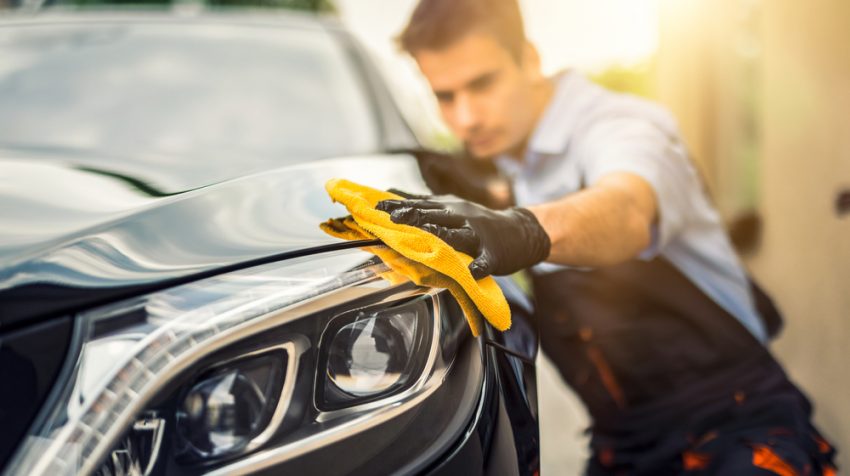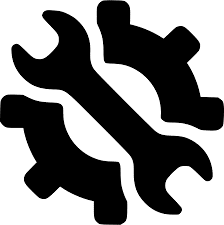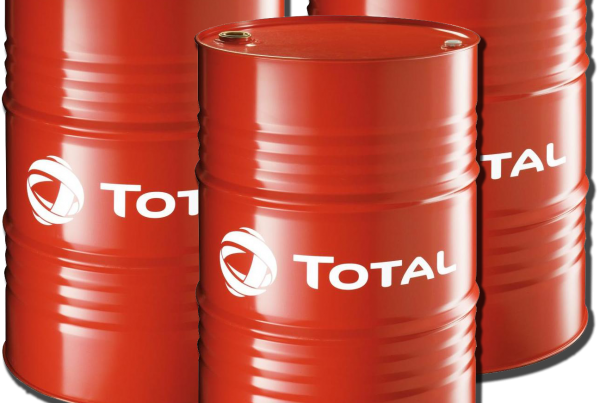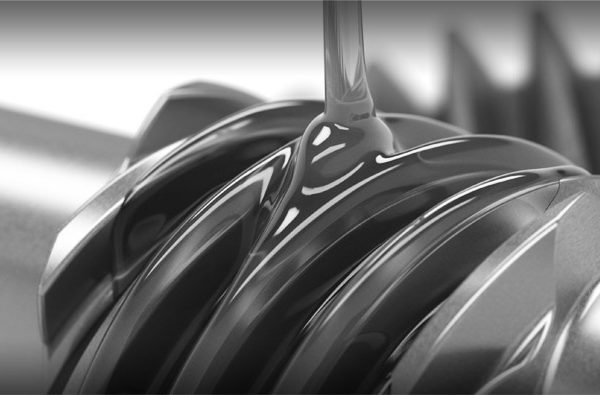CARING FOR YOUR DIESEL VEHICLE
We suggest that every time you fill your vehicle with fuel you check the following;
- Engine oil level
- Coolant level (note: look at the level in the overflow bottle. Neven remove the radiator cap from a hot engine, as serious injury can occur)
- Power-steering oil level
- Brake & clutch fluid levels
- Window washer level
- Visually inspect the fan belt/accessory belt
If you are unsure of how to carry out these checks, please ask and one of our team members will show you.
SERVICING YOUR DIESEL VEHICLE
HELPFUL HINTS
- Take a note of the dashboard warning lights when the key is turned “on”, before starting the engine. This will include the engine oil light and battery light. These lights will turn off when the engine starts. If any of those lights come on when driving, it will indicate a fault and you should stop your vehicle immediately and phone for assistant.
- When driving, constantly glance at your dashboard gauges. Get used to how the gauges normally read so that if an unusual reading does show you will notice and be able to react accordingly.
- In the event the engine temperature gauge reads “hot” (in the red zone on the gauge), pull over. Leave the engine idling for a couple of minutes and then turn the engine off. Call for immediate assistance, and do not drive any further.
- If the engine temperature gauge is reading hotter than normal but not in the red zone on the gauge, pull over, leave the engine idling for a few minutes. The temperature gauge should slowly drop. When the temperature reaches a normal position turn the engine off. Let the engine cool down. Phone for assistance. Do not try to remove the radiator cap on a hot engine, serious injury can occur.
- When checking your engine oil level, let the engine rest for a couple of minutes to allow the oil level to settle. This will give you a true indication so that over-filing does not occur.
- If you accidentally fill your diesel vehicle with petrol, DO NOT start the engine. Phone for immediate assistance. Petrol can cause serios damage to the diesel engine.

